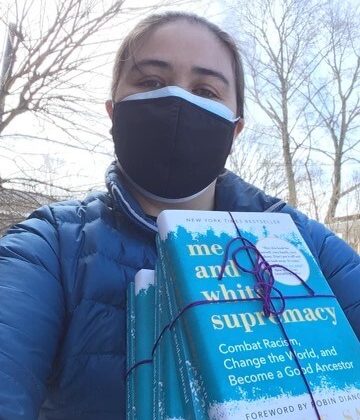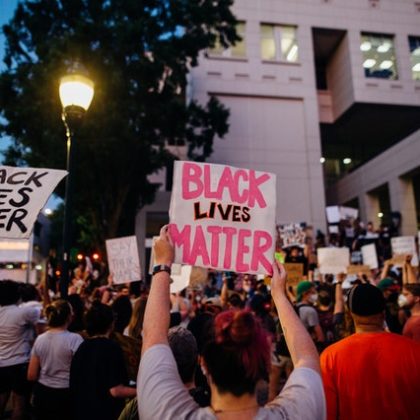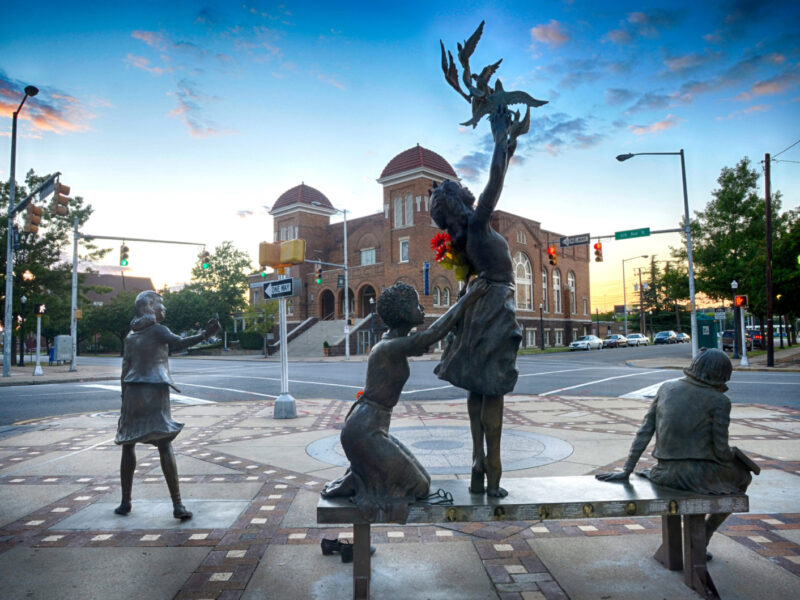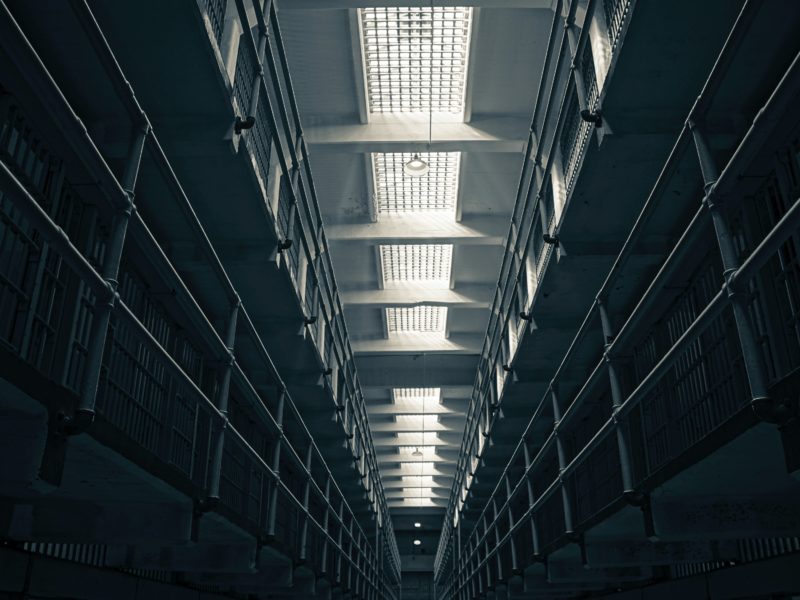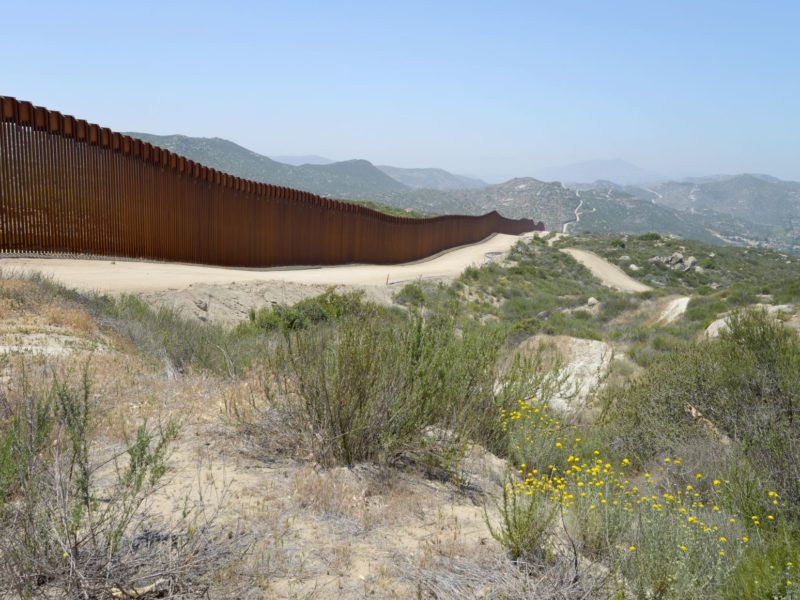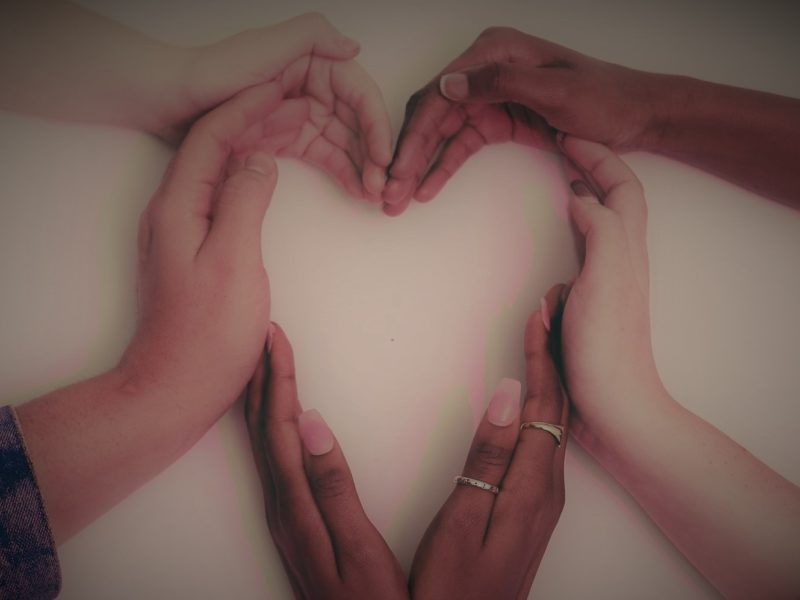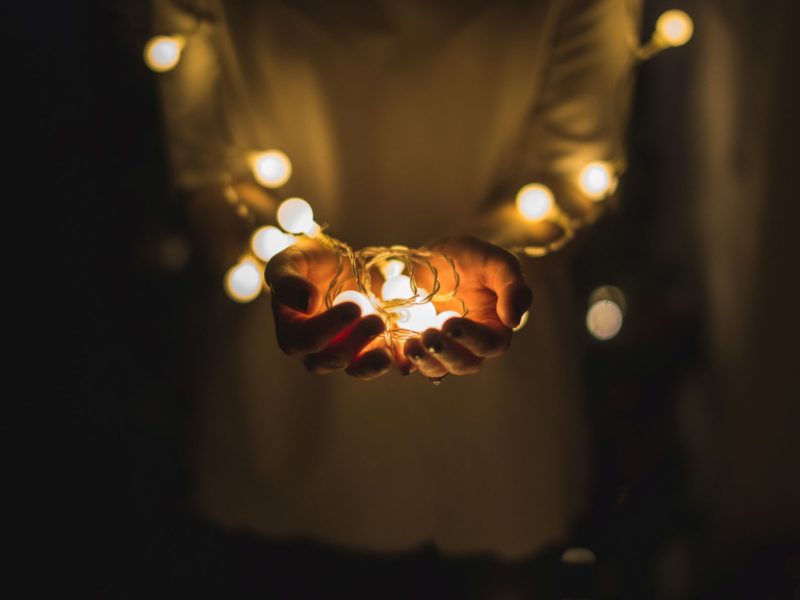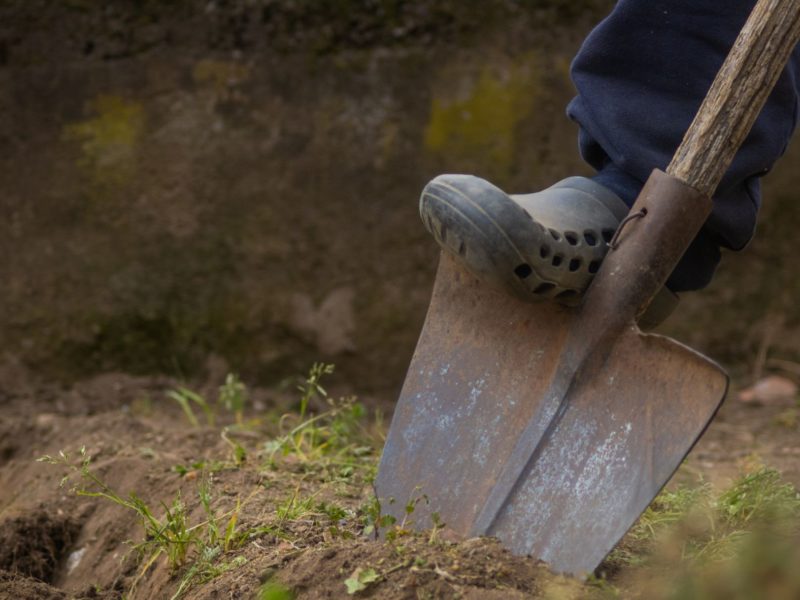“A racist is someone who is supporting a racist policy by their actions or inaction or expressing a racist idea. An antiracist is someone who is supporting an antiracist policy by their actions or expressing an antiracist idea. ‘Racist’ and ‘antiracist’ are like peelable name tags that are placed and replaced based on what someone is doing or not doing, supporting or expressing in each moment. These are not permanent tattoos. No one becomes a racist or antiracist. We can only strive to be one or the other…being antiracist require persistent self-awareness, constant self-criticism, and regular self-examination.” – Ibram X. Kendi, How to Be an Antiracist
In January 2021, one of my Deacons spoke up during a meeting. “I think for February we ought to replace our Land Acknowledgment with a statement about Black Lives Matter.” Another Deacon quickly stepped in: “How about we add a statement rather than taking out the Land Acknowledgment?”
The next Sunday I preached a talk-back sermon over Zoom, in which I relayed the conversation we’d had at the Deacon’s meeting. I told the congregation that I was willing to add a statement affirming our belief that Black Lives Matter to our worship services, but that I had a few conditions.
- We would not just say “Black Lives Matter” for the month of February. We would say it all year long.
- We put our money where our mouths are. For the month of February, all of our virtual offering plate would be donated to local Black-led organizations serving Black folks in our community.
- We commit to educating ourselves about White Supremacy. Specifically, we replace Sunday morning Bible Study with a study of the book “Me and White Supremacy” by Layla Saad for the season of Lent.
After laying out my conditions, I asked everyone in my congregation to unmute and weigh in on whether they wanted us to add a Black Lives Matter statement to worship. To a person, they all said yes.
Our Me and White Supremacy book group turned out to be incredibly popular. Members of our church were joined by volunteers from our food pantry and staff from our mission partners. In fact, we had more people for our 9:30am discussion of white supremacy than we did for our 10:30am church service! Our church staff also formed a group and worked our way through the book, with specific reflections on how we could do our parts to dismantle white supremacy in the course of our jobs.
When I think about moments of antiracism work that I am most proud of in the congregations I have served, this rises to the top. It is not the most showy, nor the most dangerous. No one risked arrest or organized a huge rally. What they did was to bring their actions into alignment with their professed values. Black Lives Matter isn’t just a thing we say—it’s a thing we do.
– Rev. Nikira Hernandez, Brighton Allston Congregational Church, Brighton MA
Questions for Reflection
- What do you notice about the alignment between values and actions as part of the work of racial justice from this story?
- What is important about the three conditions Rev. Hernandez invited the congregation to consider?
- How do you understand antiracism as a spiritual practice?
Prayer
Redeeming God, who writes your law of love on our hearts, empowers us to make that love manifest in the world as racial justice, so that what we profess is what we practice, what we believe is how we behave, and what moves us is how we move through the world. As we pray, so would we live. Amen.
SHARE THIS STORY
